Week 15: Feedback and Building Your Own Assessment Tool Kit
LOC 5: Demonstrate their ability to reflect on their own learning by practicing reflective writing
Learning Objectives
By the end of this week, participants will be able to:
- 5.4 – Produce an extensive assessment toolbox for their future practice
- 5.5 – Explore and create a list of rules about giving feedback
- 5.6 – Evaluate and reflect on the importance of receiving feedback from their students
Materials Needed This Week
Here is a list of materials you will need while completing this week:
- Writing utensils
- Highlighters
- Ruler
- Sticky Notes
- Dictionary/Glossary booklet
- Handwritten Wisdom Journal

- Blank paper
- Computer/laptop
Key Terms
Add these key terms to your personal dictionary/glossary booklet. These important key terms will be used throughout module 3, week 15. If there is no link attached to the definition, be assured that the term will be defined throughout the week. We encourage you to further investigate the definitions in order to expand your knowledge.
- Assessment toolbox
- Feedback
 Questions to Consider
Questions to Consider
1. Have you ever given positive or negative feedback to your students?
2. Have you ever received feedback from your students?
3. What’s in your assessment toolbox now?

“In giving students descriptive feedback, you have modeled the kind of thinking you want them to do as self-assessors.” — Chappuis (2005)
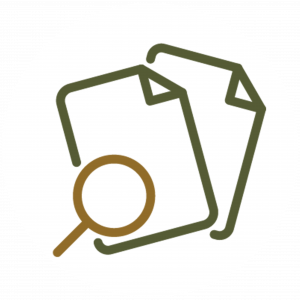 Review
Review

“It was only when I discovered that feedback was most powerful when it is from the student to the teacher that I started to understand it better. When teachers seek, or at least are open to feedback from students as to what students know, what they understand, where they make errors, when they have misconceptions, when they are not engaged – then teaching and learning can be synchronized and powerful. Feedback to teachers helps make learning visible.” — Hattie (2009)
Consult the following resources and interpret the necessary information with your preferred method of note-taking.
LINCS: Provide Constructive Feedback (article)
Click the following link to open the PDF to consult a guide that provides research-based instructional practices.
LINCS: Teaching Excellence in Adult Literacy (TEAL) Just Write! Guide (PDF)
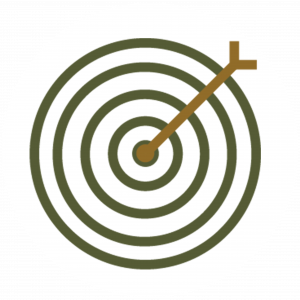 Identify
Identify
Click the following link to sign up and download the PDF to consult a guide that explores the fundamentals of online assessments and shared strategies.
The Innovative Professor’s Guide to Remote Assessments (PDF)
 Develop
Develop
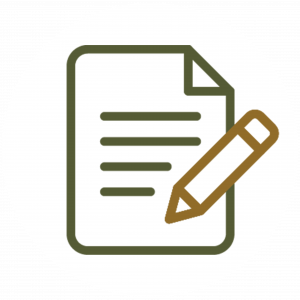 Apply
Apply
Consult the following resources.
Video: Module 3: Feedback (5:43)
Click here for a video transcript in .docx format: Video Transcript
Video: Characteristics of Good Student Feedback (4:38)
Click here for a video transcript in .docx format: Video Transcript
Video: The Power of Feedback (3:26)
Click here for a video transcript in .docx format: Video Transcript
Activity
Take a moment to reflect on these questions.
Task
Here are some in-class strategies for you to try:
-
Using the provided PDF, write down a few rules when applying feedback to:
- Your students,
- To your everyday life and
- How to improve your teaching practice.
Feedback Rules (PDF)
- Use the Frayer Model PDF template provided to capture your students’ thoughts on what feedback means to them.
Frayer Model Template (PDF)
 Take Away Toolbox
Take Away Toolbox
- Feedback Rules (PDF)
- Frayer Model Template (PDF)
- Module 3 Quotes takeaway (PDF)
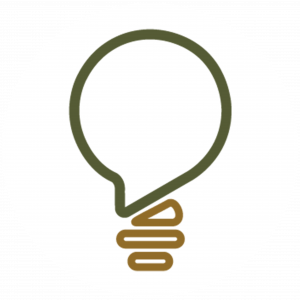 Reflect
Reflect
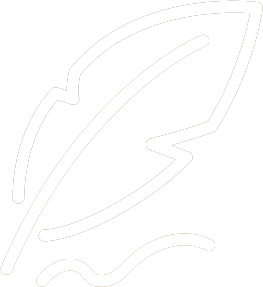 Handwritten Wisdom Journal
Handwritten Wisdom Journal
A Wisdom Writing Journal is a way to notarize your learning journey throughout the weeks during all the modules in this course. It will also permit you to demonstrate that no technology is required to focus on reflective practice. There is a variety of writing journal tools that you can choose from that require technology, however, throughout this course, it is important that you experience and model a no-technology required method in order to relate to those students that have limited or no access to technology.
Take advantage of jotting down your thoughts, frustrations, joys, aha moments, and new information acquired as the result of your hard work. Critical reflection time required at the end of each week will be a culminating result of YOUR own personal Learning Narrative.
Using your own personal writing journal, write an entry for this week’s prompts:
- How does it make you feel when you have to give a student feedback?
- How does it make you feel when you are given feedback on your teaching practice?
- Have you ever considered making the adult learner part of the assessment and feedback process?
- How will deepening your assessment toolbox impact your teaching practice?
- Based on the information that you have learned this week, how would you review, identify, develop, apply, and reflect?
Note: Be sure to justify each of your answers or comments.
Optional Resources
These resources are not required to be viewed; however, they give further information on this week’s topics:
- Top 16 student survey questions to enhance your student feedback (blog)
- Involving Students in the Assessment Process (module)
- The Teacher Toolkit: Frayer Model (website)
- John Hattie The Power of Feedback (video)
- Seven Keys to Effective Feedback (article)
Activity
Congratulations on completing Module 3: Creative Assessments for Limited Technology Environments.
Here is a match the term to its definition activity to help refresh your memory on some of the key terms used and learned throughout module 3.

